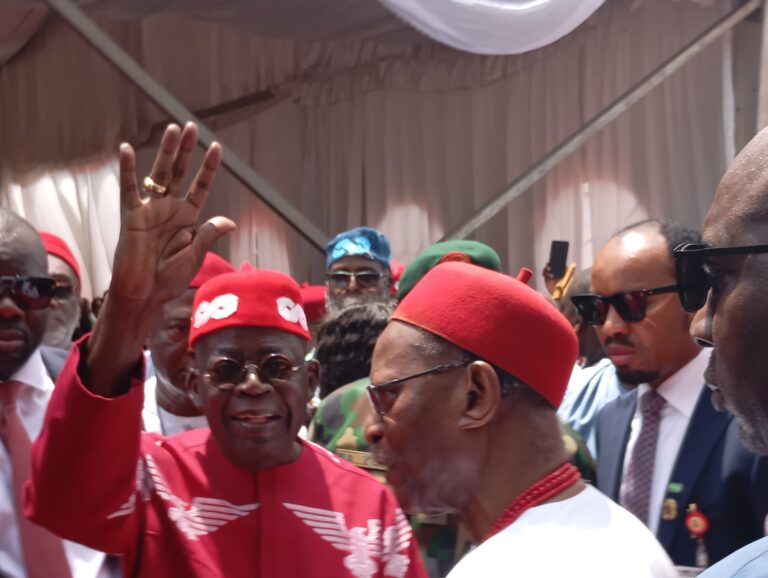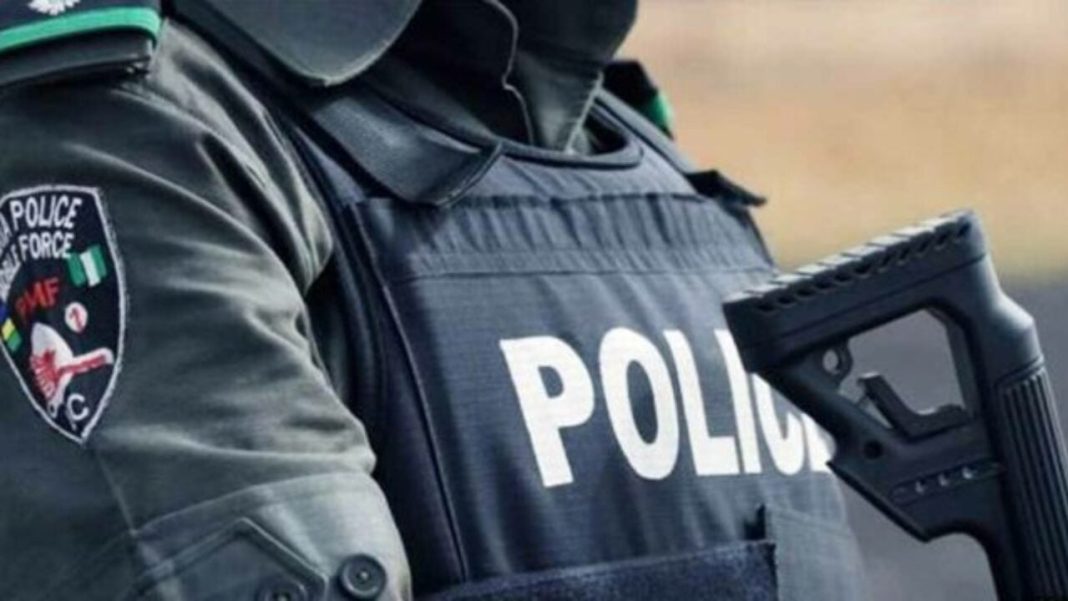White smoke rose from the chimney of the Sistine Chapel on Thursday evening, announcing to the world that a new pope has been elected by the College of Cardinals—marking the beginning of a new chapter for the Catholic Church’s 1.4 billion followers.
Cheers erupted across St. Peter’s Square as thousands of faithful and onlookers rejoiced at the sight of the smoke and the sound of ringing bells, a centuries-old tradition indicating that the Church has chosen its 267th pontiff.
The identity of the newly elected pope remains under wraps as the world awaits his appearance on the balcony of St. Peter’s Basilica. There, a senior cardinal will make the official proclamation: “Habemus Papam” (“We have a pope”), followed by the new pontiff’s first public blessing, “Urbi et Orbi” (“To the City and the World”).
The election follows the recent death of Pope Francis, who led the Church for 12 years as a reformist and outspoken advocate for the marginalized, the environment, and interfaith dialogue. His passing left a legacy that stirred both admiration and division within the Church.
The new pope assumes the role at a time of considerable challenge—balancing the Church’s moral authority amid global conflicts, addressing the fallout from past sexual abuse scandals, managing financial instability within the Vatican, and navigating an increasingly secular and polarized world.
The conclave, the largest in history, saw 133 cardinal-electors from 70 countries begin deliberations on Wednesday. After two inconclusive rounds, signaled by black smoke, the successful vote came Thursday shortly after 6 p.m. local time (1600 GMT), when white smoke confirmed a decision had been made.
Following tradition, the newly elected pontiff is now in the “Room of Tears,” where new popes reflect privately and don their white papal robes for the first time. He will then return to the Sistine Chapel to receive pledges of obedience from his fellow cardinals before addressing the world.
The selection process was influenced by ongoing debates within the Church: whether to continue on a progressive path or return to more conservative roots; whether to choose a diplomatic figure or a pastoral shepherd; and whether to pick someone steeped in Vatican bureaucracy or a voice from parts of the world where Catholicism is expanding rapidly.
Cardinal Giovanni Battista Re, dean of the College, urged his fellow electors to choose a leader capable of maintaining Church unity and guiding the institution through a time of global instability and internal transformation.
The new pope’s formal inauguration Mass is expected within the next week, drawing religious and political leaders from around the globe. He is also expected to tour St. Peter’s Square in the popemobile and deliver a homily setting out his vision and priorities.
As the faithful wait, the world stands by for the name, face, and message of the Catholic Church’s new spiritual leader.





